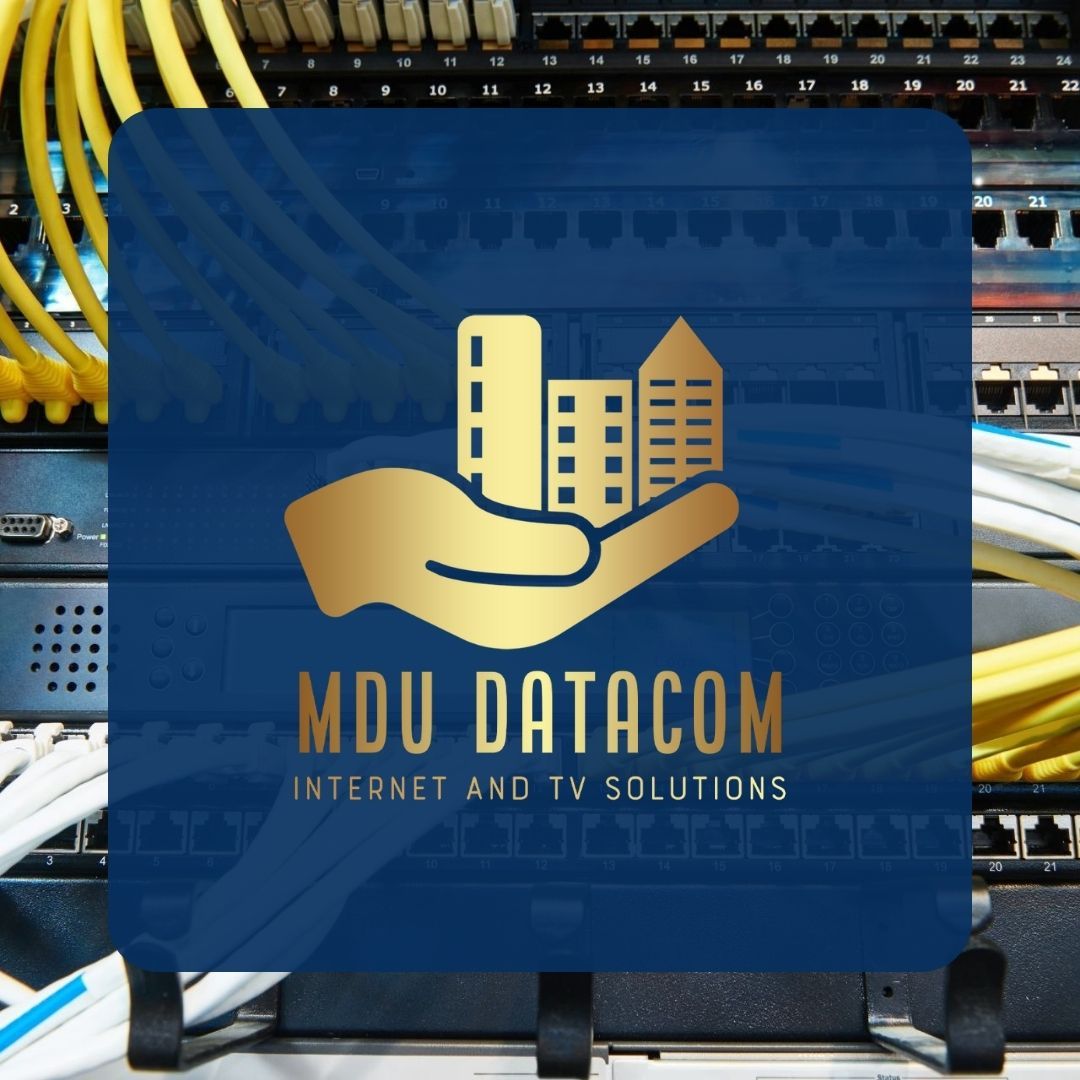Navigating the Complex Terrain of Compliance Guidelines for Network Protection in Multi-Dwelling Residences to Guarantee Resident Security and Data Safeguarding
Wiki Article
In the current society, numerous people live in multi-dwelling units, including flat buildings and condominiums. These locations often share common infrastructures for internet and additional amenities. While this arrangement can be beneficial, it also raises important concerns about network security and regulatory requirements. Guaranteeing the security of residents and safeguarding their information is essential. This piece will explore the intricate environment of compliance guidelines for system security in multi-unit buildings, focusing on how these guidelines help keep tenants secure and protected.
A of the key regulatory guidelines that apply to system security is the General Data Privacy Regulation (GDPR). This law is intended to protect individual information and confidentiality for persons inside the European Community. While it primarily pertains to companies functioning in Europe, its principles can affect practices in different areas as well. For multi-unit buildings, adhering to GDPR requires implementing robust data safeguarding protocols. This entails ensuring that tenants' personal data is collected, stored, and handled securely. By adhering to these guidelines, property administrators can help establish trust with residents and guarantee their information is protected from illicit access.

A further important guideline is the Health Insurance Flexibility and Accountability Act (HIPAA), which safeguards sensitive patient data in the medical industry. In multi-unit units, particularly those that offer healthcare assistance or have tenants with specific health requirements, adherence with HIPAA is essential. This means that any medical data gathered from tenants must be kept confidential and protected. Building managers must ensure that their system infrastructures are designed to prevent information leaks and unauthorized intrusion. By taking these steps, they not only adhere with legal requirements but also foster a secure living environment for all tenants.
Alongside GDPR and HIPAA, the Credit Card Card Industry Information Protection Guidelines (PCI DSS) is another critical regulatory standard. This guideline is particularly important for multi-unit units that accept credit card transactions for lease or services. PCI DSS outlines protection measures that must be implemented to safeguard cardholder data. This includes encrypting confidential information and frequently reviewing system security. By following PCI DSS guidelines, property managers can reduce the threat of information leaks and safeguard residents' financial go to this web-site information, which is vital for upholding their confidence and security.
Ultimately, it is essential for multi-unit units to stay informed on regional and federal laws regarding system safety. Regulations and standards can evolve, and remaining informed is crucial for adherence. Property managers should frequently assess their safety protocols and procedures to ensure they meet current requirements. This proactive approach not only assists in upholding adherence but also enhances the general safety of the system. By focusing on tenant security and data protection, multi-dwelling units can create a secure living environment that encourages trust and reassurance among residents.
In conclusion, navigating the complex landscape of compliance standards for network security in multi-unit buildings is crucial for guaranteeing tenant security and information protection. By comprehending and applying guidelines like GDPR, HIPAA, and PCI DSS, building administrators can establish a safe space for their tenants. Remaining updated about regional laws and frequently assessing safety practices further improves this dedication to security. In the end, a robust focus on compliance not only protects residents but also builds a sense of community and trust within multi-unit units.